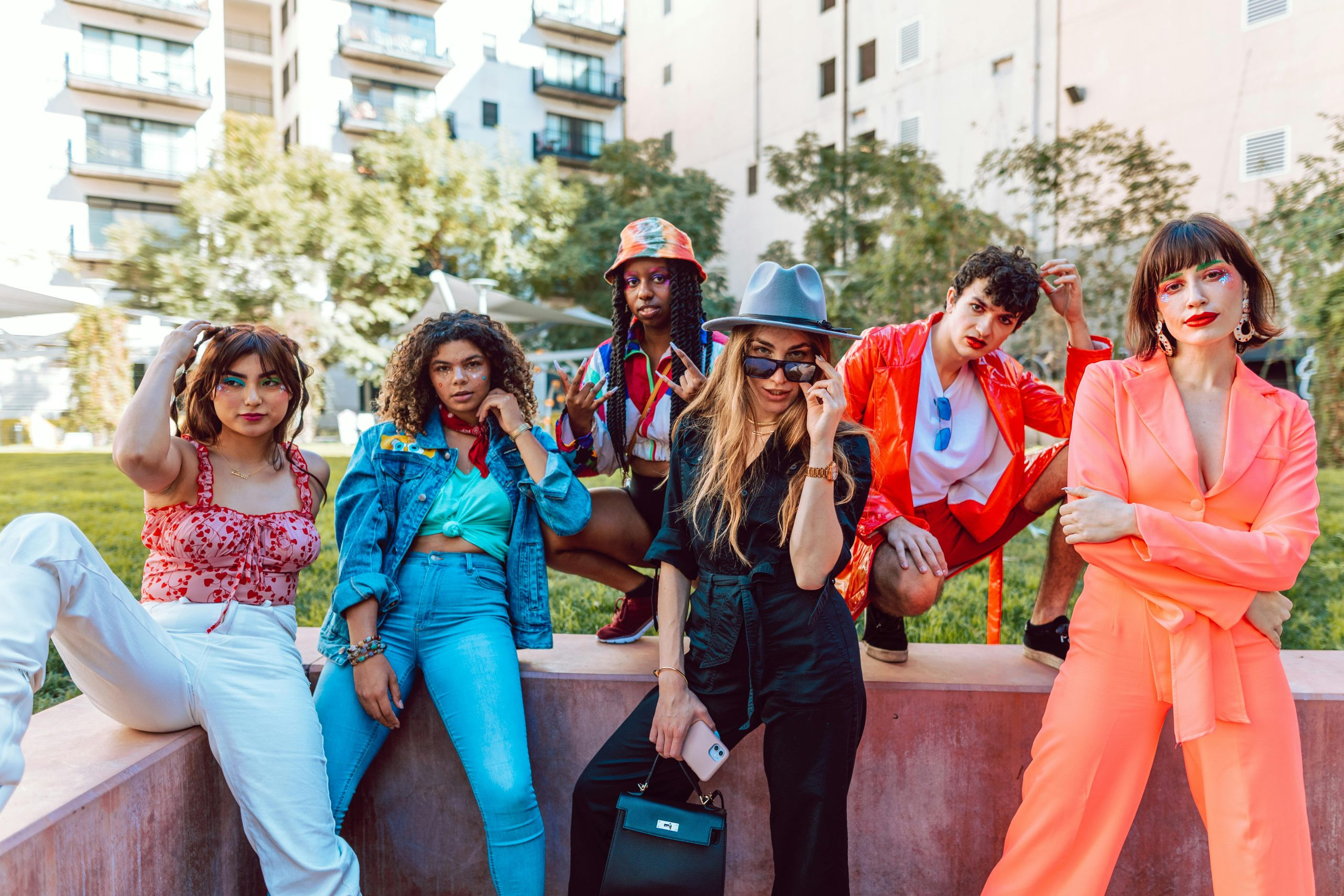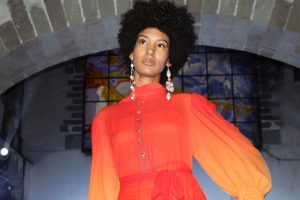How social media is driving a new era of fashion democracy
In the past, the fashion industry was controlled by a handful of influential designers and fashion houses, dictating what was deemed “trendy” and “stylish”. However, with the rise of social media, this traditional hierarchy has been disrupted, giving ordinary individuals a voice and platform to express their own unique sense of style. This shift has resulted in a new era of fashion democracy, where anyone can participate and have an impact on the fashion industry. In this article, we will explore how social media has transformed the fashion landscape and its role in driving this newfound fashion democracy.
The democratization of fashion
Social media has greatly contributed to the democratization of fashion by breaking down barriers to entry. In the past, to become a part of the fashion industry, one had to have connections, resources, and access to a physical platform, such as a store or magazine. With social media, anyone with a smartphone and internet connection can showcase their style and reach a wide audience. This has allowed for a diverse range of individuals to be recognized for their fashion sense, regardless of their background, location, or financial status.
A platform for self-expression
Social media has given individuals the ability to curate their own personal brand and style, without the limitations of traditional media and societal norms. With popular platforms like Instagram, Twitter, and TikTok, fashion lovers can share their outfits, makeup looks, and fashion inspiration with the world. This has given a voice to marginalized groups and allowed for a more inclusive representation of beauty and fashion in the media. No longer is fashion only for the elite, but for everyone to express themselves and feel confident in their own skin.
The power of influencer marketing
With the rise of social media influencers, fashion brands have been forced to shift their marketing strategies. These influencers, who have gained a large following through their fashion posts, have become powerful voices in the fashion industry. They have the ability to sway consumer trends, promote up-and-coming brands, and hold established fashion houses accountable for their actions. This has allowed for smaller, independent brands to gain recognition and compete with larger, more established companies, creating a more diverse and dynamic fashion landscape.
The downfall of traditional fashion media
Social media has also had a significant impact on traditional fashion media outlets. With the ease of access to fashion content on social media, readership and viewership of fashion magazines and TV shows have significantly decreased. This has resulted in a shift in the way fashion news and trends are delivered, with social media platforms like Twitter and Instagram breaking and spreading news faster than traditional media sources. Fashion bloggers and influencers have also taken over the role of traditional fashion editors, dictating what is popular and trendy.
Instant feedback and real-time engagement
One of the major benefits of social media for the fashion industry is the ability to receive instant feedback and engage with their audience in real-time. Fashion brands and designers can now easily track how their audience is responding to their products and campaigns, and adjust accordingly. This allows for a more personalized and customer-centric approach in the fashion industry, as brands can directly communicate and engage with their consumers, building a loyal and dedicated following.
The future of fashion democracy
Social media has undoubtedly revolutionized the fashion industry, and its impact will only continue to grow in the future. As technology advances and social media platforms evolve, so will the influence of everyday individuals in shaping the fashion landscape. With fashion becoming more inclusive and accessible, we can expect to see more diversity and representation in the industry, as well as an increase in consumer-driven trends and styles.
In conclusion, social media has played a significant role in driving a new era of fashion democracy. With its power to break down barriers, promote self-expression, and hold the fashion industry accountable, social media has given a voice and platform to individuals of all backgrounds and cultures. As we continue to embrace and utilize the power of social media, we can look forward to a more inclusive, diverse, and dynamic fashion industry for all.










